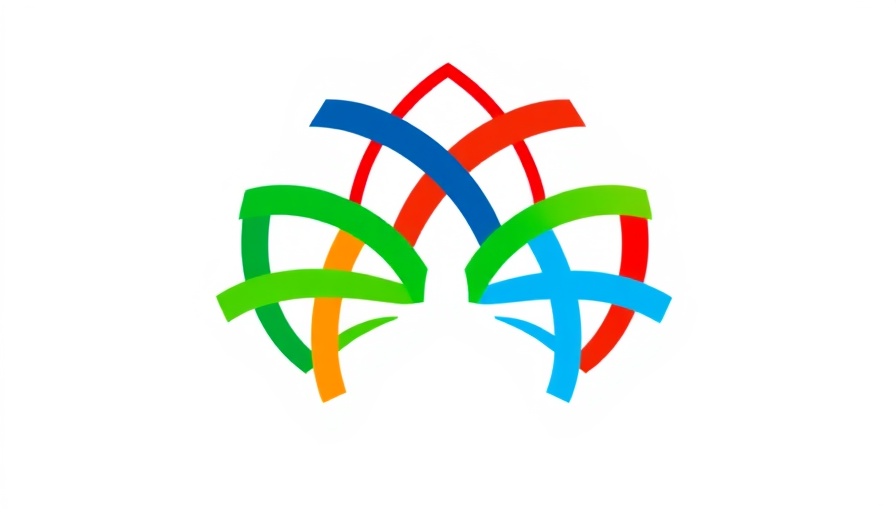
Unraveling the Scandal: A Deep Dive into Equatorial Guinea's Corruption Trial
The recent corruption trial of Baltasar Engonga, the former Director General of the National Financial Investigation Agency in Equatorial Guinea, has thrown the spotlight on ethical decay and misuse of power within the nation's political elite. Charged with embezzling public funds and involvement in significant unlawful enrichment schemes, Engonga’s case reveals just how deep corruption runs in the fabric of governance. As allegations mount that he siphoned off state resources for personal gain, the call for justice resonates across Africa's political landscape.
Understanding the Broader Implications of Corruption in Africa
Engonga's trial coincides with heightened concerns about governance in Africa, particularly about how corruption undermines economic development and public trust. According to reports, over 400 sex tapes found during the investigation have further complicated the political scene, triggering public outrage and highlighting the intersection of personal scandals with governance issues. Engonga, along with six other former officials, are accused of being part of a network facilitating the looting of public funds—an alarming trend not confined to Equatorial Guinea but witnessed across the continent.
Public Reaction: A Call for Accountability
The leaked tapes featuring high-profile individuals, including the wives of government officials, ensure that this trial is more than just a legal proceeding; it has become a saga resonating deeply with citizens. Public reaction has ranged from anger to demands for transparency and accountability, showcasing a populace that is increasingly unwilling to tolerate corruption. The case highlights the need for systematic reforms in governance and oversight across the continent to ensure that public officials are held accountable, restoring faith in institutions.
Future Implications: What’s at Stake?
The continued fallout from Engonga's trial could have significant implications for foreign relations and investment in Equatorial Guinea. Investors often assess a country’s governance frameworks when deciding where to commit resources. The presence of widespread corruption could deter foreign direct investment, stalling economic growth and development. Moreover, as Africa seeks to bolster its presence in global trade and geoeconomic discussions, the handling of this case could either isolate Equatorial Guinea or promote a narrative of accountability and reform.
As the trial unfolds, engaging in discussions surrounding governance, public accountability, and ethical leadership will be crucial. These elements are embedded in Africa's broader narrative as the continent seeks to navigate the complexities of globalization, trade partnerships, and evolving economic landscapes. Investment in the African market hinges on trust, and rectifying these failures is paramount.
To stay informed on future developments regarding governance in Africa that impact global economic trends, follow our updates. The evolution of accountability in countries like Equatorial Guinea is essential for understanding the continent's path toward a more solid economic foundation and equitable governance.
 Add Row
Add Row  Add
Add 


Write A Comment